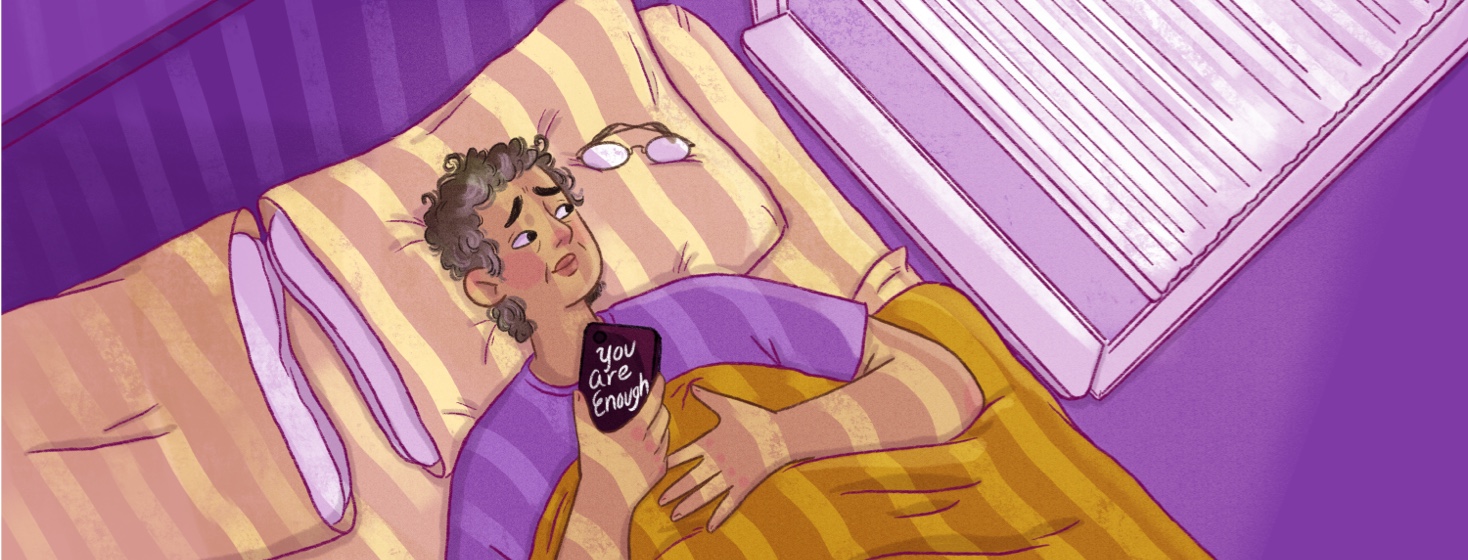The Physical Demands of Caregiving
Most caregivers, myself included, focus on how our experience affects us emotionally. I'm going to step aside for this article and speak with you about the physical demands of caregiving.
A whole list of ailments
I won't sugarcoat it. Caregiving for most of my adult life affected my health, finished off my back, and left me with stress-induced auto-immune issues. I have Hashimoto's Thyroiditis, Osteoarthritis, and Degenerative Disc Disease, not to mention a knee replacement. I have a whole list of ailments.
On the plus side, I have upper body strength and endurance. I also maintain the attitude that there's nothing I can't do. High on my bucket list is zip-lining, because, despite these issues, I'm in good health. No heart problems, high blood pressure, diabetes, or vital organ trouble. Bring it on.
My tips for other caregivers
Lifting and transporting
I'm not a very big person. I'm short and petite—if I could just lose these 10 stubborn, post-menopausal pounds. I've always been pretty active, though not the gym sort. I've landscaped, moved furniture, and painted houses, and I acknowledge that these jobs contributed to my skeletal issues. But lifting and transporting various members of my family certainly didn't help, especially since the heaviest work came when I was in my 50s and 60s.
As you take on your role as a caregiver, try to gain upper body strength. You'll probably have to lift a bulky wheelchair out of and back into the trunk of your car and believe me, those things are heavy. You'll also have to lift your patient or loved one at some point, in and out of bed, onto and off a bedside commode, and into and out of that blasted wheelchair. Develop the habit of lifting with your legs and not with your back; you'll find yourself lifting more than anything else.
The art of the power nap
You'll need to find some way to get proper sleep, too. I learned to "sleep when the baby sleeps," something I mastered when I was a young mother. For a while, those lovely 10-hour nights probably won't happen, so nap whenever you are able.
Even if it's just for 10 minutes, learn to power nap. There were times I napped while sitting in doctors' waiting rooms. And if you grab a nap while sitting in a cancer care center, no one will judge you. They know.
Stock your purse or backpack
I can't stress this enough: stock your purse or backpack with super energy snacks. When you feel yourself starting to sag, nip into a bag of almonds, a power bar, or whatever you prefer. And be sure to pack enough to share with your loved one. They might need it as much as you.
I also learned to carry an energy juice drink—you can find them in the water or juice sections of your supermarket. Unless I was really dragging, or had to keep an early morning appointment, I stayed away from caffeine because it always drops me like a 2-ton weight later on. Whatever you prefer to keep nearby, be sure to carry water as well.
I know this sounds like I'm being negative, but I'm not. Each of our experiences as caregivers is unique, but they're also very much alike. You'll discover your own ways of handling the physical demands of caregiving, and if I can help a little bit, that makes me happy.

Join the conversation